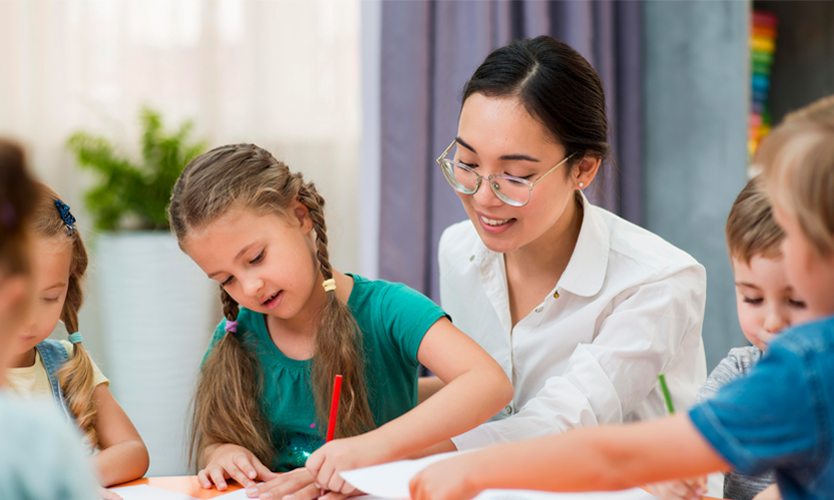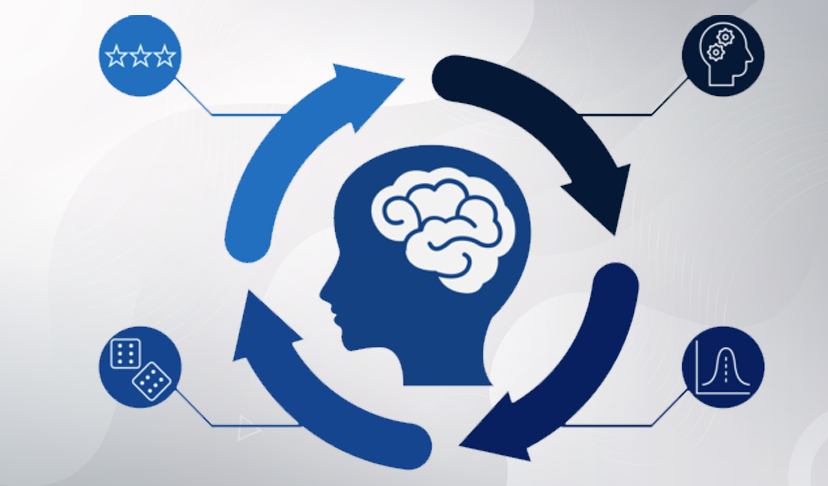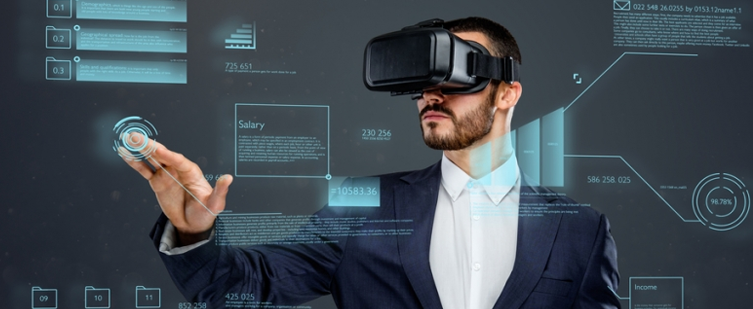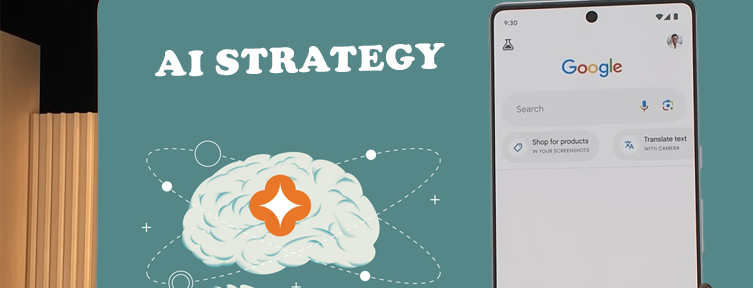The Power of Social-Emotional Learning (SEL): A Transformative Tool for Educators and Students

In the world of education, social-emotional learning (SEL) is increasingly being recognized for its ability to shape well-rounded students. It goes beyond the academics, emphasizing the importance of interpersonal skills and emotional intelligence in a student’s development. But what exactly is SEL, why should educators be interested in it, and how does it transform students? Let’s dive in.
What is Social-Emotional Learning?
Social-Emotional Learning (SEL) refers to the process through which children and adults acquire and effectively apply the knowledge, attitudes, and skills necessary to understand and manage emotions, set and achieve positive goals, feel and show empathy for others, establish and maintain positive relationships, and make responsible decisions.
SEL has five core competencies, as outlined by the Collaborative for Academic, Social, and Emotional Learning (CASEL):
- Self-Awareness: Recognizing one’s emotions and values and their impact on behavior.
- Self-Management: Managing emotions, stress, and impulses effectively, and setting and working towards goals.
- Social Awareness: Understanding the perspectives of others and empathizing with people from diverse backgrounds.
- Relationship Skills: Building healthy relationships, cooperating with others, and navigating social environments.
- Responsible Decision-Making: Making ethical, constructive choices about personal and social behavior.
Why educators should know about SEL
Now that we understand what SEL is, let’s explore why it should be on every educator’s radar.
Holistic Student Development: SEL addresses the ‘whole student,’ not just their academic performance. It acknowledges the significance of emotional and social skills in being successful, not only in school but in life.
Improved Academic Performance: Research has shown a strong correlation between SEL and improved academic performance. SEL skills like self-management and responsible decision-making help students focus better, leading to increased engagement and academic achievement.
Better Classroom Environment: SEL fosters an environment of empathy and respect. Students with strong SEL skills are more likely to behave positively, reducing classroom disruptions and creating a more conducive learning environment.
Future Preparedness: SEL skills are critical for the 21st-century workforce. By teaching these skills, educators prepare students for future careers where emotional intelligence, teamwork, and decision-making are highly valued.
How SEL Transforms Students
The transformative power of SEL on students is profound.
Enhanced Emotional Intelligence: SEL helps students understand and manage their emotions better, improving their emotional well-being. This emotional intelligence paves the way for stronger relationships and better conflict resolution.
Improved Social Skills: Students with developed SEL skills tend to have better social interactions. They can empathize with others, navigate social nuances, and build stronger, healthier relationships.
Greater Academic Success: By fostering self-management and focus, SEL can improve students’ academic performance. It also enhances students’ attitudes towards school, leading to increased motivation, attendance, and lower dropout rates.
Resilience: SEL provides the tools to cope with setbacks and adapt to changes, building resilience. This resilience is crucial, considering the uncertainties and challenges that students often face in their lives.
Conclusion:
Social Emotional Learning is a game-changer in the field of education. It goes beyond academics to focus on nurturing essential life skills that shape students into emotionally intelligent and socially responsible individuals. By understanding and implementing SEL in the classroom, educators can make a significant contribution to their students’ holistic development, transforming not just their academic journey but their life trajectory. As educators, the power to foster this transformation lies in our hands. Let us embrace SEL and unlock its immense potential.



